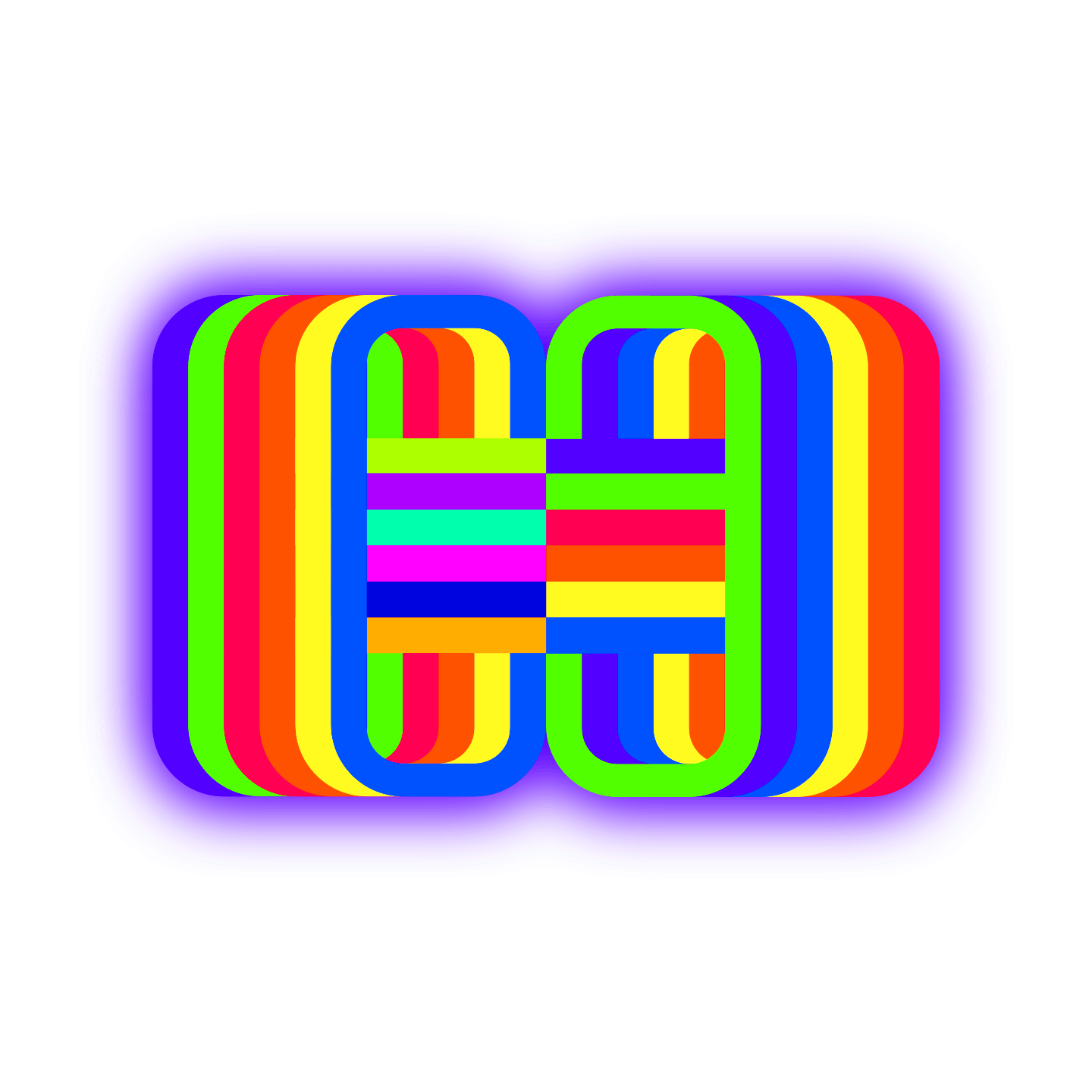The 5 Best Ways to Learn JavaScript Fast
1. Self-Guided Websites and Courses
The Internet is, above all else, a repository of knowledge. Whether you’re interested in self-guided learning or just don’t have the time to enroll in a formal program, flexible online courses might be the educational answer for you. These free and paid online courses show you how to learn JavaScript fast, but do keep in mind that “free” doesn’t always equate to “better.” Often, free programs will have less direction and offer less support than their paid alternatives. Be sure to do your research before you take your first class!
- Offered by: FreeCodeCamp
- Free
- This course is intended for aspiring programmers who have little to no prior knowledge of JavaScript. Its classes conduct deep dives into web scripting, data types, and JavaScript objects and loops. This course also offers a coding test after each unit to provide students with a means to demonstrate and reinforce their technical knowledge.
- Offered by: Khan Academy
- Free
- As the name suggests, this no-cost course teaches students how to create illustrations and animations through simple JavaScript code. It structures its lessons via a host of videos, written guides, and exercises.
- Offered by: Mozilla Development Network (MDN)
- Free
- While it’s not a course per se, MDN’s JavaScript Guide provides comprehensive written tutorials that can walk developers of all experience levels through JavaScript’s capabilities. These guides are organized into four broad sections that target amateurs, beginners, intermediate programmers, and experts, respectively.
- Offered by: Udemy
- Paid
- This paid program provides JavaScript beginners with over 20 hours of on-demand video content and a library of downloadable resources. Students can progress at their own pace and access course material via their computers, mobile devices, or television.
- Offered by: Codecademy
- Paid
- This paid program provides an in-depth overview of the foundational elements of JavaScript, including data types and functions, objects, and control flows and loops. It also offers post-lesson quizzes and practical exercises to reinforce knowledge gained during the course.
2. Books
When in doubt, read a book. While countless books can offer practical insights into programming, the titles mentioned below are particularly useful for aspiring programmers who want to learn JavaScript quickly.
- Nick Morgan
- Don’t let the title fool you. While Nick Morgan’s playful text was written for a young audience, its simplified, easily digestible lessons can be useful for adult learners as well. This text offers clear overviews of foundational explanations of strings, arrays, and loops, as well as more advanced investigations of jQuery and graphic creation. It also provides step-by-step instructions on how to program basic games.
- Kyle Simpson
- Contrary to what you might have guessed from the title, You Don’t Know JS isn’t a book meant for total beginners. It might apply to them — but it isn’t limited to novices. To borrow a quote from the book’s back flap, “It’s easy to learn parts of JavaScript, but much harder to learn it completely — or even sufficiently — whether you’re new to the language or have used it for years. With the ‘You Don’t Know JS’ book series, you’ll get a more complete understanding of JavaScript, including trickier parts of the language that many experienced JavaScript programmers simply avoid.” This text is the first of a series that similarly covers the technical ins and outs of JavaScript. It includes the “basic building blocks of programming” as well as foundational JavaScript skills.
- Marjin Haverbeke
- This text provides foundational instruction and context to those who have relatively little experience with JavaScript. Its intent: to teach readers “how to write beautiful, effective code.” Haverbeke’s lessons center on the basics of programming, including topics such as syntax, control, data, and functional programming techniques. He also includes step-by-step instructions on how to build dynamic programs such as an artificial life simulation and a paint program.
